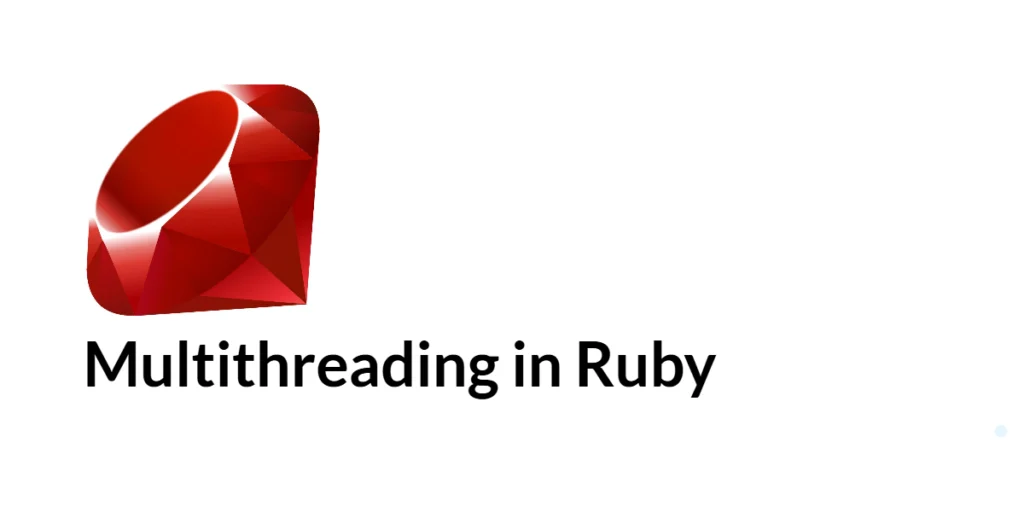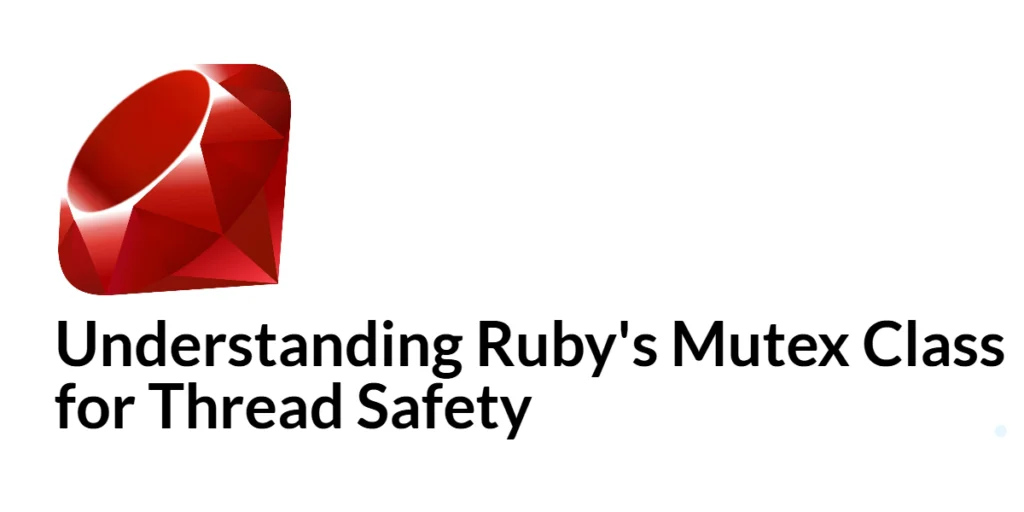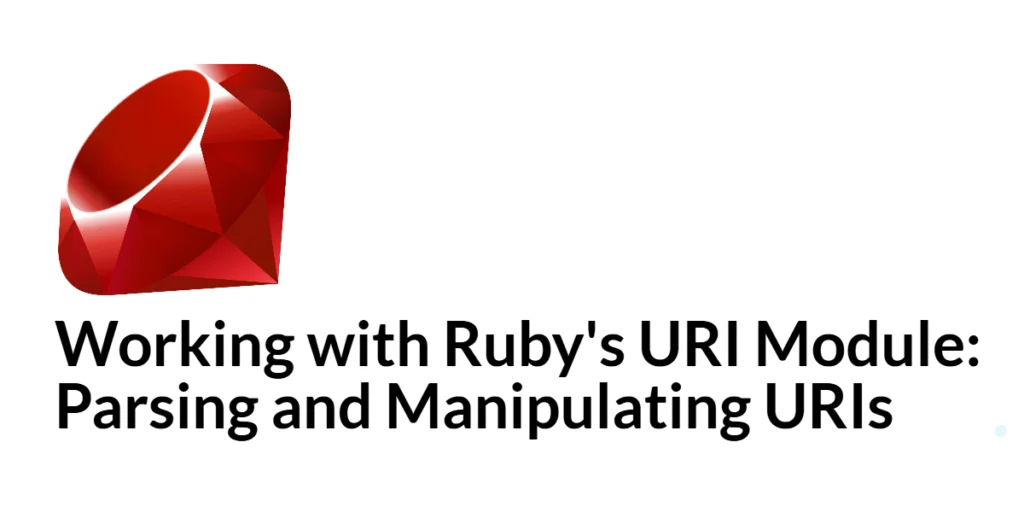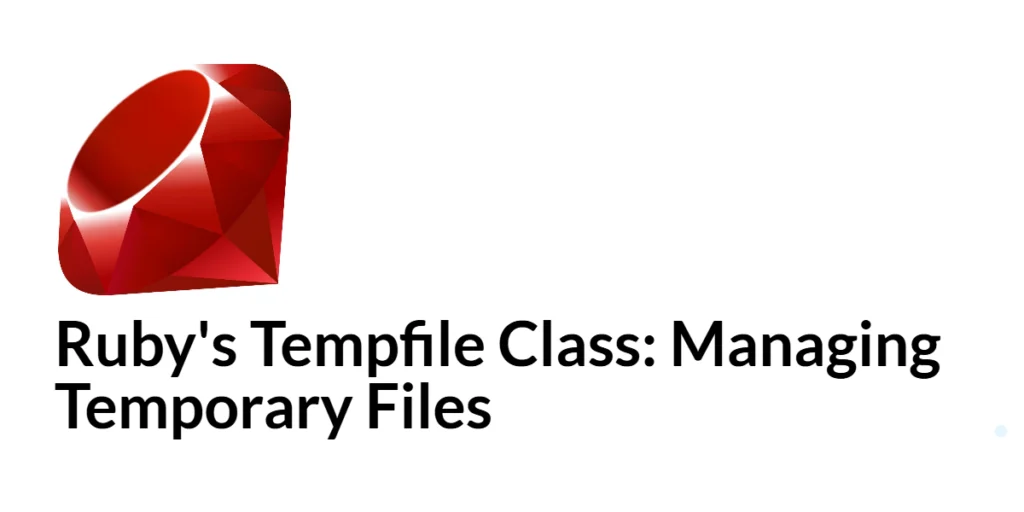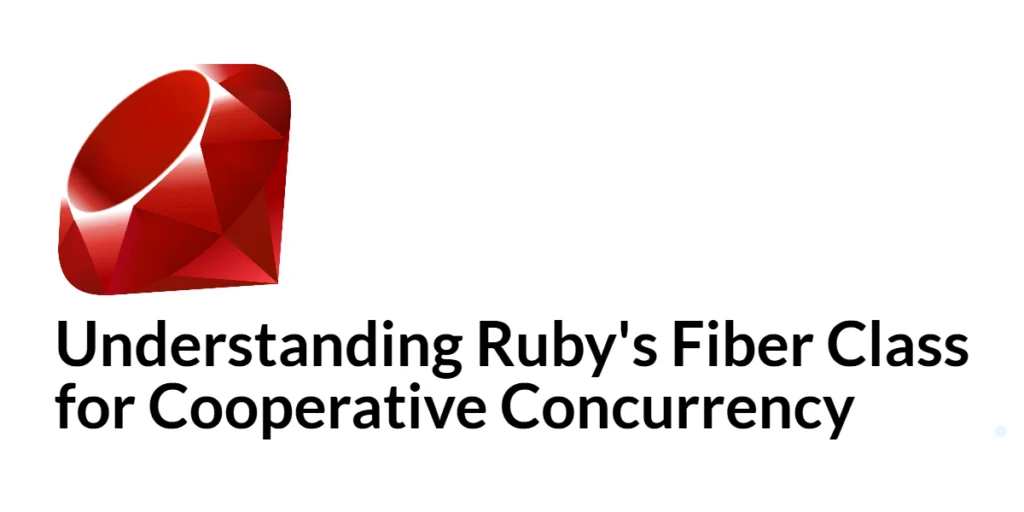Setting Up Lua: Installation and Environment
Lua is a powerful, efficient, lightweight, embeddable scripting language. It supports procedural programming, object-oriented programming, functional programming, data-driven programming, and data description. Lua is intended to be a general-purpose, versatile language with a simple and well-documented API, making it a great choice for a wide range of applications from game development to web programming. This […]
Setting Up Lua: Installation and Environment Read More »




